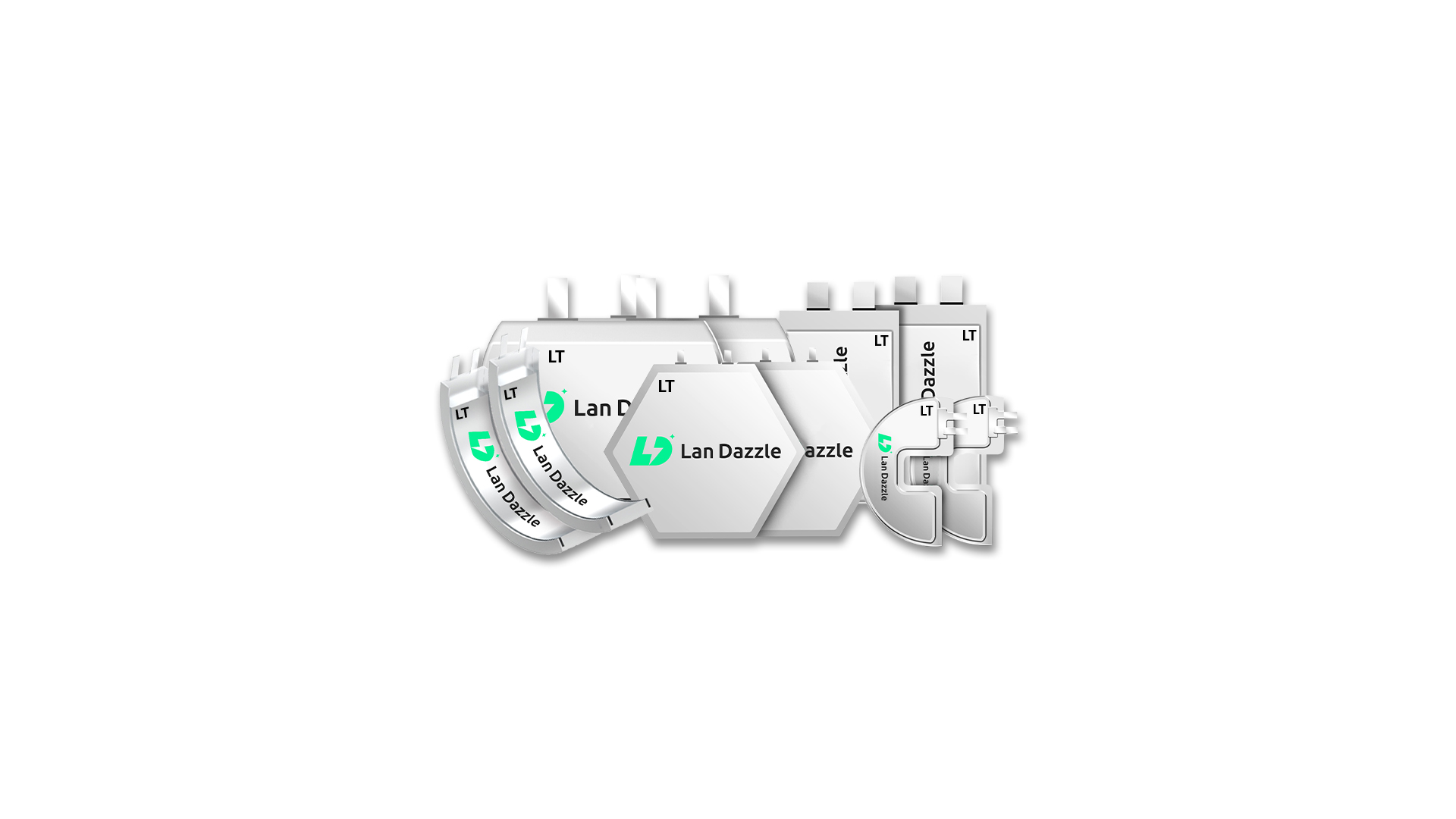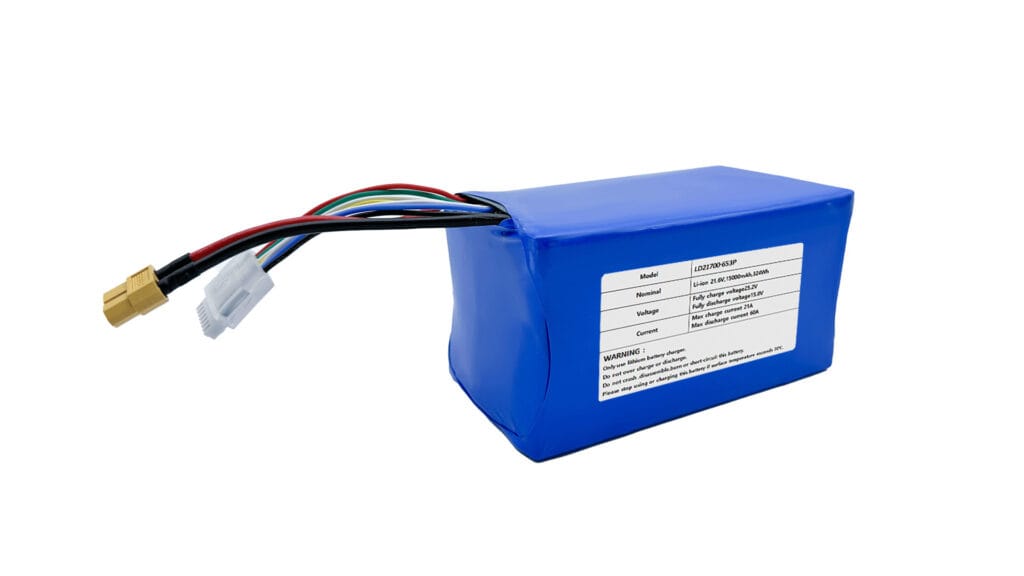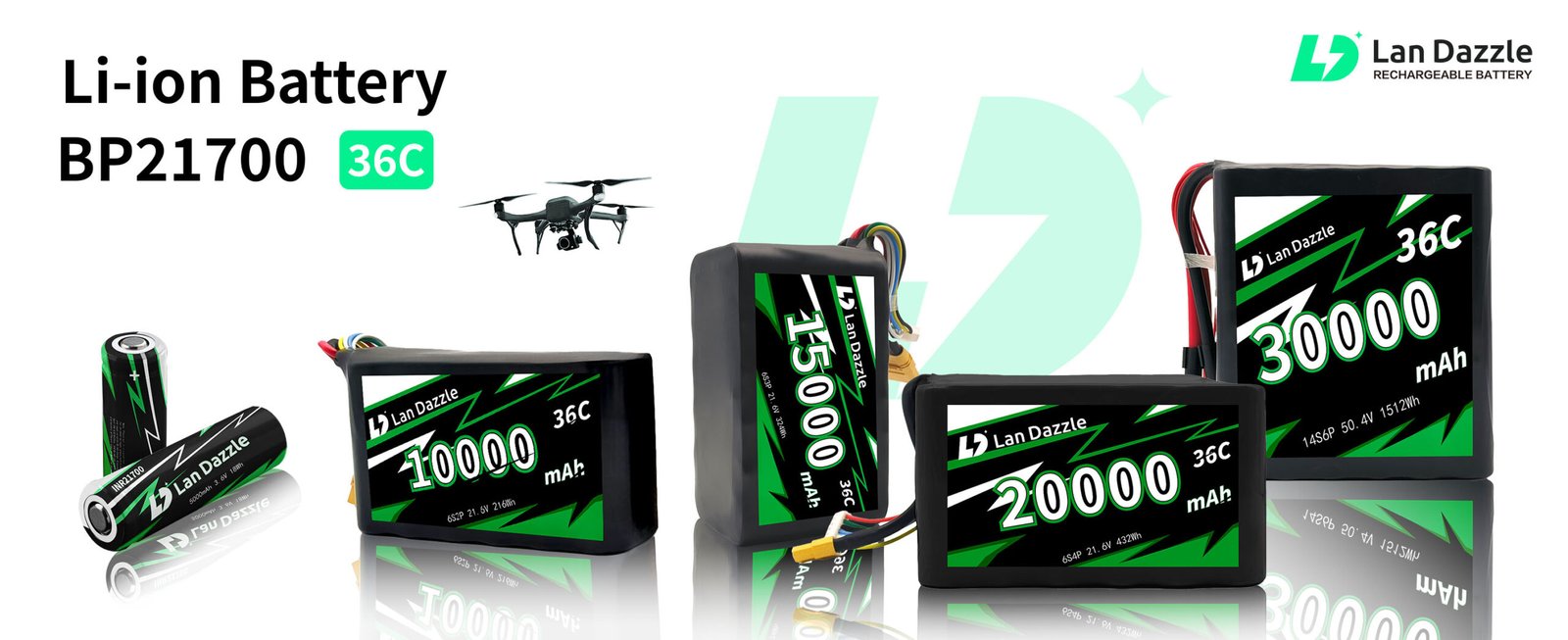The landscape of wearable technology is constantly evolving, with fitness trackers leading the charge in functionality and design. These compact devices, packed with sensors and features, demand equally sophisticated power solutions. While standard batteries have served as the workhorse for many electronic gadgets, they often fall short when it comes to the unique demands of sleek and feature-rich fitness trackers. This is where custom LiPo batteries step in, offering product developers unparalleled flexibility in design, optimized space utilization, and the ability to power increasingly advanced functionalities. This article delves into the myriad benefits and crucial considerations involved in designing and implementing custom LiPo battery for fitness tracker applications.
The Rise of Custom LiPo Batteries in Wearable Technology
Early fitness trackers offered basic step counting and sleep monitoring, requiring relatively simple power sources. However, modern iterations boast an array of features, including continuous heart rate monitoring, GPS tracking, blood oxygen saturation (SpO2) sensors, and even NFC capabilities. This surge in functionality translates directly to increased power consumption. Standard battery shapes and sizes, often rectangular or cylindrical, can become a significant bottleneck for product developers striving for innovative designs and extended user experience. Integrating off-the-shelf batteries can lead to compromises in device aesthetics, bulkier form factors, and limitations in battery capacity.
Custom LiPo batteries, particularly those designed with unique shapes, offer a compelling solution, enabling manufacturers to create slimmer, more ergonomic devices with longer-lasting power, ultimately enhancing user satisfaction and driving product differentiation.
Advantages of Custom LiPo Battery for Fitness Trackers
The adoption of custom-shaped lithium polymer batteries in fitness trackers offers a trifecta of advantages for product developers:
Design Flexibility and Aesthetics: One of the most significant benefits of custom LiPo batteries is the freedom they provide in device design. Unlike rigid, standard batteries, LiPo cells can be manufactured in virtually any two-dimensional shape. This allows batteries to be seamlessly integrated into the contours of a fitness tracker, whether it features a curved display, a uniquely shaped wristband, or a particularly compact housing. This design flexibility not only enhances the aesthetic appeal of the device but also contributes to a more comfortable and ergonomic fit for the user. Imagine a fitness tracker with a battery that precisely follows the curve of the wrist, eliminating any unnecessary bulk or sharp edges.
Zoptymalizowane wykorzystanie przestrzeni: Custom-shaped batteries allow product developers to maximize the use of this limited volume. By designing a battery that precisely fits the available space, often wrapping around other internal components, manufacturers can achieve a higher battery capacity within the same or even smaller overall device footprint. This optimized space utilization directly translates to longer battery life, a critical factor for user satisfaction. For instance, a custom-shaped battery designed to fill the entire underside of a fitness tracker module can offer significantly more energy storage compared to a standard rectangular battery of similar thickness. Reports suggest that intelligent battery shaping can potentially increase energy density by up to 20-30% in constrained wearable designs.
Enhanced Functionality and Integration: Beyond aesthetics and capacity, custom battery shapes can contribute to improved device functionality and integration. By strategically positioning the battery, developers can potentially achieve better weight distribution, leading to a more balanced and comfortable wearing experience. Furthermore, in some advanced designs, the battery’s shape could even play a role in thermal management or provide structural support to other internal components, although these applications are less common in typical fitness trackers.
Key Considerations When Designing Custom LiPo Batteries
While the advantages of custom LiPo batteries are clear, their development requires careful consideration of several critical factors:
Capacity and Voltage Requirements: The starting point for any custom battery design is determining the power needs of the fitness tracker. This involves analyzing the current draw of all components, including the processor, sensors, display, and communication modules, and estimating the desired usage time between charges. Based on this analysis, the required battery capacity (measured in mAh – milliampere-hours) and voltage can be calculated. It’s crucial to understand the trade-offs between battery size, capacity, and the overall dimensions of the fitness tracker. A larger capacity battery will generally be physically larger, potentially impacting the device’s sleekness.
Safety Standards and Certifications: Safety is paramount when dealing with lithium-ion batteries. Custom LiPo batteries for wearables must adhere to stringent international safety standards, such as those set by UL (Underwriters Laboratories) and IEC (International Electrotechnical Commission). These standards cover various aspects of battery design, manufacturing, and testing to prevent hazards like overheating, fire, and explosion. Obtaining the necessary certifications is not only a regulatory requirement in many markets but also crucial for building consumer trust. Recent data highlights the importance of certified batteries in minimizing safety incidents in portable electronic devices.
Battery Management System (BMS) Integration: A Battery Management System (BMS) is an essential electronic circuit that protects the LiPo battery from damage and ensures safe and efficient operation. The BMS monitors various parameters, including voltage, current, and temperature, and prevents overcharging, over-discharging, and short circuits. Integrating a compatible and reliable BMS with a custom LiPo battery is crucial for maximizing battery lifespan and ensuring user safety. Choosing the right BMS that complements the specific characteristics of the custom battery is a critical step in the design process.
Manufacturing and Scalability: The process of manufacturing custom-shaped LiPo batteries is more complex than producing standard cells. It requires specialized equipment and expertise. Product developers must partner with reputable and experienced custom battery manufacturers who have a proven track record of producing high-quality batteries at scale. Factors such as minimum order quantities, lead times, and manufacturing tolerances need to be carefully considered to ensure a smooth transition from prototype to mass production.
Cost Implications: Custom LiPo batteries generally have a higher initial cost compared to off-the-shelf standard batteries due to the specialized design and manufacturing processes involved. However, product developers must weigh this cost against the benefits of enhanced design flexibility, optimized battery life, and potential for product differentiation. In many cases, the added value and improved user experience enabled by custom batteries can justify the investment.
The Process of Developing a Custom LiPo Battery for Your Fitness Tracker
Developing a custom LiPo battery involves a collaborative process between the product developer and the battery manufacturer:
Defining Requirements and Specifications: The initial stage involves clearly defining all the technical requirements for the battery, including its desired shape and dimensions (within the constraints of the fitness tracker design), the required capacity and voltage, operating temperature range, and any specific safety certifications needed.
Partnering with a Custom Battery Manufacturer: Selecting the right battery manufacturer is crucial. Developers should look for companies with experience in producing custom LiPo batteries for wearable devices, a strong understanding of safety regulations, robust quality control processes, and good communication and technical support.
Prototypowanie i testowanie: Once the initial design is finalized, the manufacturer will produce prototypes. These prototypes undergo rigorous testing to verify their electrical performance, safety characteristics, and physical fit within the fitness tracker. This iterative process may involve several rounds of design adjustments and testing to ensure all requirements are met.
Mass Production and Quality Control: After successful prototyping and testing, the battery design moves to mass production. Throughout this stage, stringent quality control measures are implemented to ensure that every battery meets the specified standards and performance criteria.
Future Trends in Custom LiPo Batteries for Wearables
The field of battery technology is constantly advancing. Future trends in custom LiPo batteries for wearables are likely to include even smaller and thinner form factors, higher energy densities allowing for longer battery life in even more compact devices, increased flexibility for truly conformal designs, and the potential integration of solid-state battery technology, which promises enhanced safety and energy density.
Wnioski
Custom LiPo batteries have become a cornerstone of innovation in fitness tracker design. By offering unparalleled flexibility in shape and size, they empower product developers to create sleek, ergonomic, and feature-rich wearable devices with optimized battery life. While the development process requires careful consideration of technical specifications, safety standards, and manufacturing capabilities, the benefits of custom LiPo solutions in enhancing product aesthetics, user experience, and overall functionality are undeniable. As wearable technology continues to evolve, custom battery solutions will remain a critical enabler of future advancements.
Przy Lan Dazzle, we specialize in designing and manufacturing niestandardowe akumulatory LiPo tailored for compact and curved wearable devices like fitness trackers. Whether you need an ultracienki, high-energylub custom-shaped battery, our engineering team can help you achieve the perfect balance between performance, size, and safety.
If you’re looking for a trusted battery partner for your fitness tracker project, contact us today at info@landazzle.com to explore how we can power your innovation.
FAQ
- What are the benefits of using a custom LiPo battery in a fitness tracker compared to a standard battery? Custom LiPo batteries offer design flexibility, allowing them to fit unique device shapes, optimize internal space for larger capacity and longer battery life, and contribute to better ergonomics.
- Can custom LiPo batteries be made in any shape and size for fitness trackers? While highly customizable, there are practical limitations based on manufacturing processes and safety requirements. However, they offer significantly more flexibility than standard battery shapes.
- What are the key safety considerations when designing a custom LiPo battery for a wearable device? Adhering to international safety standards (UL, IEC), integrating a reliable Battery Management System (BMS), and rigorous testing are crucial to prevent overheating, fire, and other hazards.
- How do I determine the right capacity (mAh) for a custom LiPo battery in my fitness tracker? This involves analyzing the power consumption of all device components and estimating the desired usage time between charges. Careful calculations and testing are necessary.
- What is a Battery Management System (BMS) and why is it important for custom LiPo batteries? A BMS is an electronic system that protects the battery from damage (overcharging, over-discharging, short circuits) and ensures safe and efficient operation, maximizing lifespan and user safety.
- What is the typical lifespan of a custom LiPo battery in a fitness tracker? The lifespan depends on usage patterns, charging habits, and the quality of the battery and BMS. Generally, LiPo batteries can last for several hundred charge cycles, typically 2-3 years of regular use.





